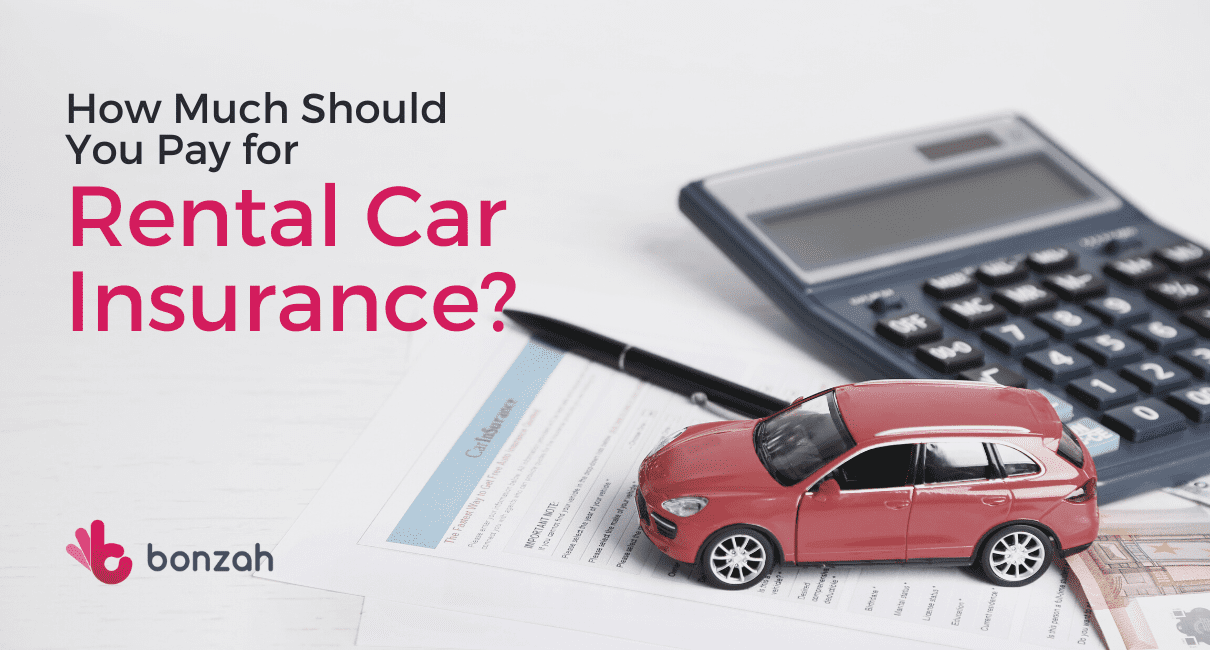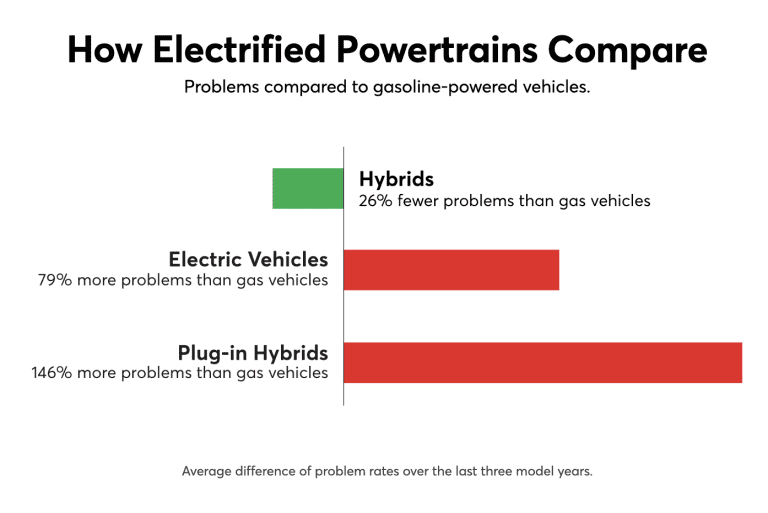Should I Pay for Rental Car Insurance? Unravel the Truth
ar. However, there are some instances where it might be worth paying for rental car insurance. In this article, we’ll explore the pros and cons of paying for rental car insurance and help you make an informed decision.
What is Rental Car Insurance?
Rental car insurance is an optional coverage offered by rental car companies that can protect you from financial liability if you’re involved in an accident or your rental car is stolen or damaged. The cost of rental car insurance can vary depending on the rental car company, the coverage options you choose, and the length of your rental period.
Types of Rental Car Insurance
There are several types of rental car insurance coverage that you can purchase from a rental car company. Here are some of the most common types of rental car insurance:
1. Collision Damage Waiver (CDW) – This type of coverage waives your financial responsibility if your rental car is damaged or stolen.
2. Supplemental Liability Protection (SLP) – This type of coverage provides liability protection in case you cause an accident while driving your rental car.
3. Personal Accident Insurance (PAI) – This type of coverage provides medical and death benefits for you and your passengers in case of an accident.
4. Personal Effects Coverage (PEC) – This type of coverage protects your personal belongings if they’re stolen from your rental car.
5. Roadside Assistance – This type of coverage provides assistance if you have a flat tire, run out of gas, or experience other issues while driving your rental car.
Pros of Paying for Rental Car Insurance
1. Peace of Mind – If you’re worried about the financial consequences of getting into an accident or having your rental car stolen, rental car insurance can provide peace of mind.
2. No Deductible – Some rental car insurance policies have no deductible, which means you won’t have to pay anything out of pocket if you need to file a claim.
3. Convenience – If you purchase rental car insurance from the rental car company, you won’t have to worry about filing a claim with your personal auto insurance company if something happens to your rental car.
4. Additional Coverage – Rental car insurance can provide additional coverage that may not be included in your personal auto insurance policy, such as roadside assistance and personal effects coverage.
Cons of Paying for Rental Car Insurance
1. Cost – Rental car insurance can be expensive, especially if you’re renting a car for an extended period of time.
2. Duplicate Coverage – If you already have comprehensive and collision coverage on your personal auto insurance policy, you may not need to purchase rental car insurance.
3. Limited Coverage – Rental car insurance policies often have limits on coverage amounts and may not cover certain types of damage or accidents.
4. Exclusions – Rental car insurance policies may have exclusions that limit coverage, such as driving off-road or driving while under the influence of drugs or alcohol.
Do You Need Rental Car Insurance?
The answer to this question depends on several factors, including your personal auto insurance policy, the rental car company’s insurance policy, and your comfort level with assuming financial risk. Here are some factors to consider when deciding whether to purchase rental car insurance:
1. Your Personal Auto Insurance Policy – Before you rent a car, check your personal auto insurance policy to see what types of coverage you have and whether rental cars are covered. If you have comprehensive and collision coverage, you may not need to purchase rental car insurance.
2. The Rental Car Company’s Insurance Policy – Rental car companies are required by law to provide liability coverage, but this coverage may be limited. If you’re concerned about the level of coverage provided by the rental car company, you may want to purchase additional coverage.
3. Your Comfort Level with Financial Risk – If you’re comfortable assuming financial risk in the event of an accident or damage to your rental car, you may not need to purchase rental car insurance. However, if you’re worried about the financial consequences of an accident, rental car insurance may provide peace of mind.
Conclusion
In conclusion, whether you should pay for rental car insurance depends on your personal situation and comfort level with financial risk. If you have comprehensive and collision coverage on your personal auto insurance policy, you may not need to purchase rental car insurance. However, if you’re concerned about the level of coverage provided by the rental car company or you want additional peace of mind, rental car insurance may be a good option for you. Whatever you decide, make sure to read the rental car insurance policy carefully and understand the coverage and exclusions before you sign on the dotted line.







